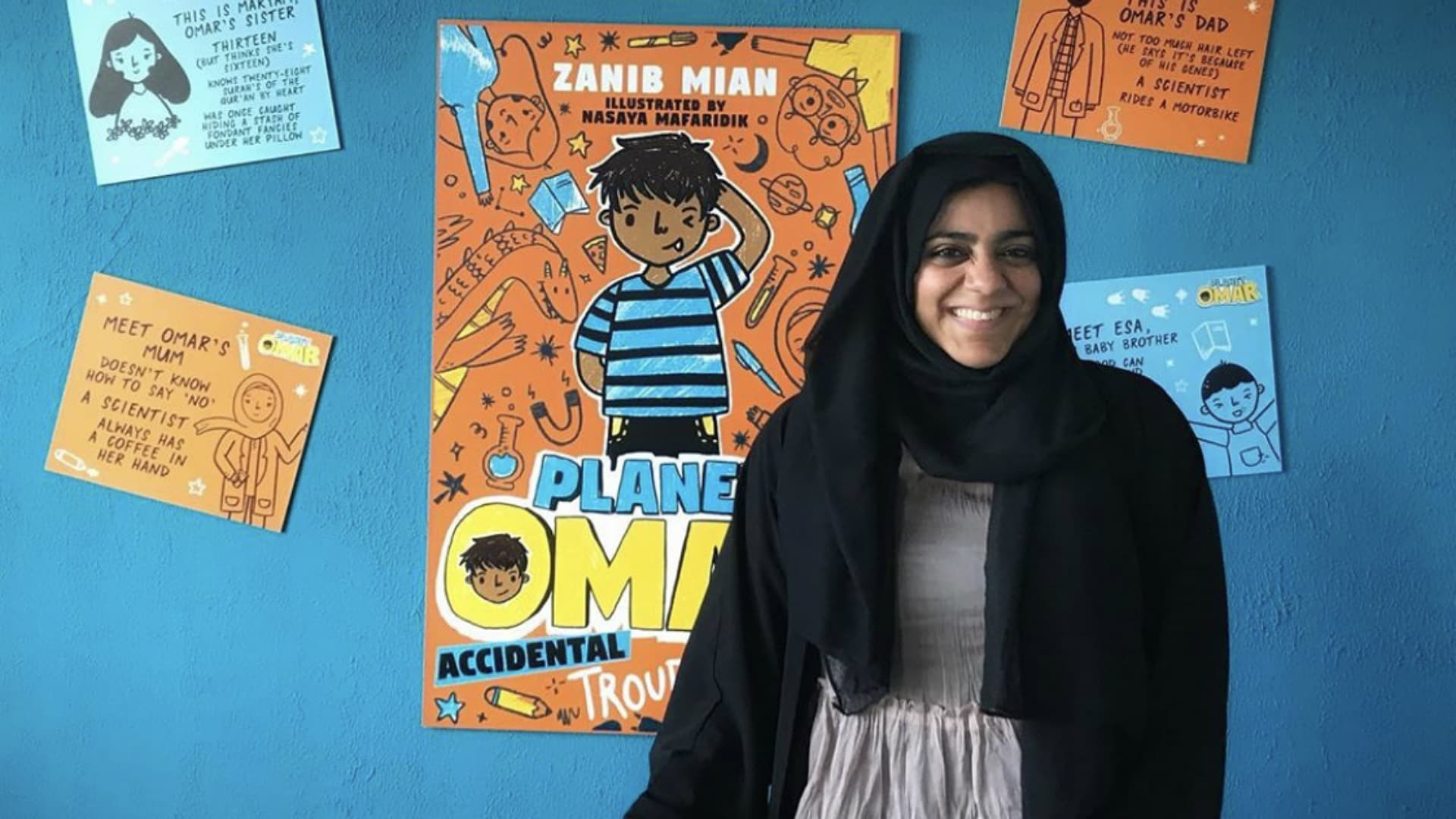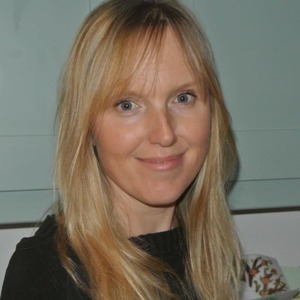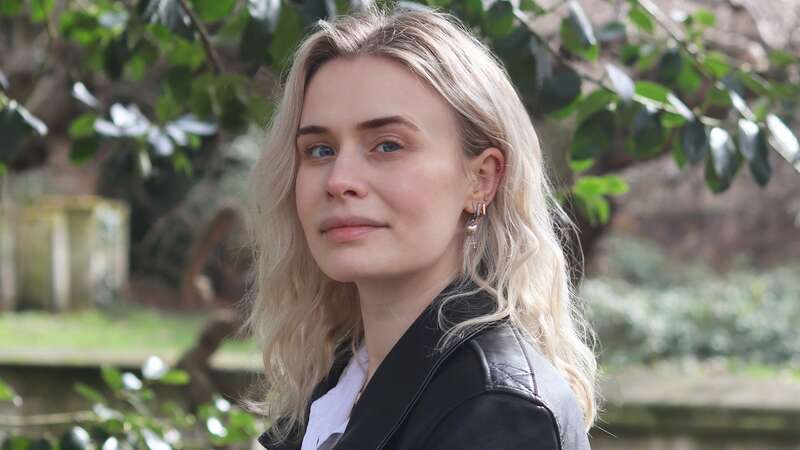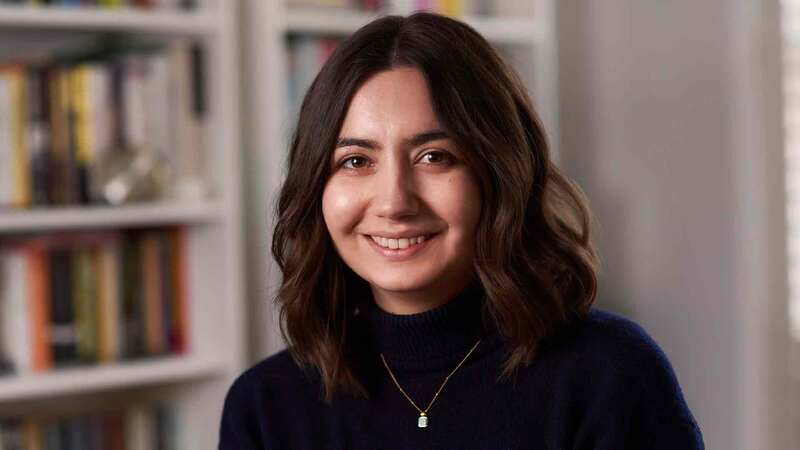You are viewing your 1 free article this month. Login to read more articles.
Zanib Mian | 'I want Muslim children to have a character they can relate to'
Former school teacher Zanib Mian has teamed up with Hodder to bring her prize-winning self-published novel about a Muslim boy into the mainstream.
In June 2017, against the backdrop of Brexit and Donald Trump, the National Society for the Prevention of Cruelty to Children reported a dramatic rise in faith-based bullying in schools. "That really broke my heart, hearing of children being called terrorists at school," Zanib Mian tells me when we meet at Hachette’s central London office. "They shouldn’t have to suffer for the huge and horrible mistakes of a few." The report highlighted, for her, a huge disconnect between the public perception and the reality of life for British Muslims. "I wanted people to know the average Muslim kid, the average Muslim family next door. Not everyone has someone to talk to who is a Muslim so, as always, I felt books were a really great tool."
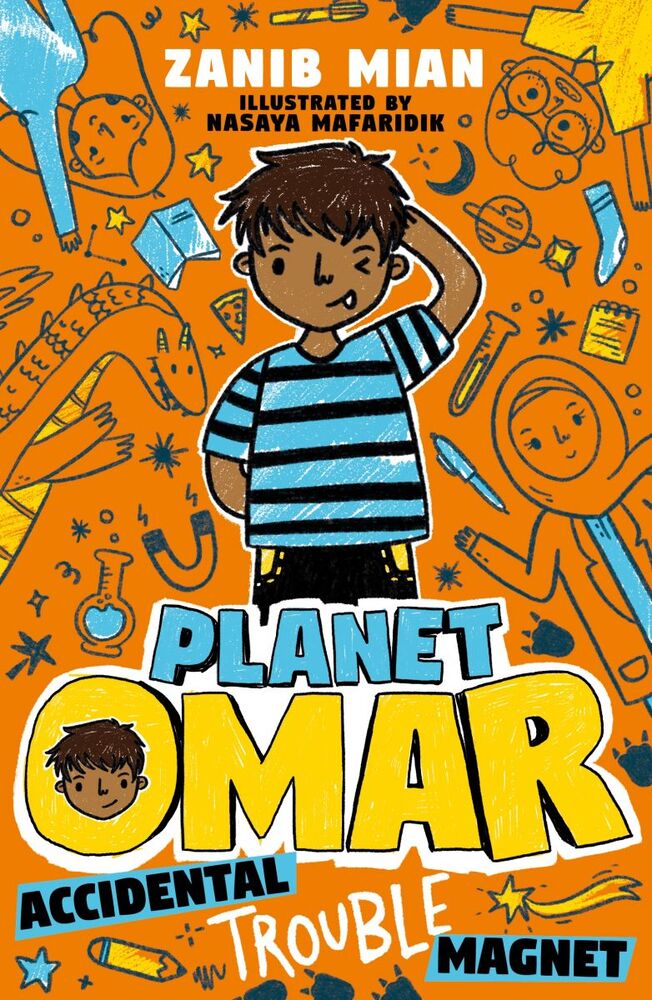 And so the character of Omar was born. Planet Omar: Accidental Trouble Magnet will be published by Hodder in April, with two further titles planned in the series. Mian saw her son devour the Tom Gates and Wimpy Kid books, and decided on a similar, accessible format: "That’s what kids love." Told in the first person, Omar’s warm, engaging voice draws us into his world, that of a regular Muslim boy navigating family, friends and school. The narrative is interspersed with doodles and cartoon-style art. "I enjoy writing in a child’s voice, so it felt like a very natural way to do it." Mian drew on family life and her observations as a teacher to create Omar’s world. "Lots of the quirks and funny things have happened in our own household."
And so the character of Omar was born. Planet Omar: Accidental Trouble Magnet will be published by Hodder in April, with two further titles planned in the series. Mian saw her son devour the Tom Gates and Wimpy Kid books, and decided on a similar, accessible format: "That’s what kids love." Told in the first person, Omar’s warm, engaging voice draws us into his world, that of a regular Muslim boy navigating family, friends and school. The narrative is interspersed with doodles and cartoon-style art. "I enjoy writing in a child’s voice, so it felt like a very natural way to do it." Mian drew on family life and her observations as a teacher to create Omar’s world. "Lots of the quirks and funny things have happened in our own household."
Although she has previously written picture books— including My Dad’s Beard—Planet Omar is Mian’s fiction début. Her writing is big hearted, funny and very entertaining, using a comic tone to frame themes of bullying and racism. Neighbour Mrs Rogers is full of prejudices towards "the Muslims" next door but the faith-based bullying comes from Omar’s classmate Daniel, who calls his mother "a witch, in black" and warns "you better go back to your country before we kick you all out". This is where Mian’s featherlight touch is most impressive, exploring a very big issue without making the book feel heavy or issue-led. The optimistic tone was vital. "It was very important to me to have Omar and Daniel become friends by the end, and to show that he’s progressed. I didn’t want to throw Daniel into the fire, because that’s not helping anyone."
Likewise, Mrs Rogers is also won over by the family’s kindness when she falls ill. The middle-grade story of a Muslim boy is one all too seldom heard in British children’s books, and Mian very much hopes to reach a wide audience and break down barriers. "I want Muslim children to have a character they can relate to, and see that children like them are also heroes in books," she says, but beyond that, "it’s a book that’s meant for everybody to enjoy, for everybody to be able to relate to this family, this boy, and understand that we’re not so different."
Big learning curve
Mian studied molecular cell biology and was teaching science at a secondary school when she made her first foray into publishing, frustrated by the lack of mainstream books featuring BAME characters. "At that time I really couldn’t find books for my younger children which featured a [BAME] main character... I saw books about Diwali, Eid, stories from Africa, but I wouldn’t see books that had all kinds of characters, robots or dinosaurs, just a bit of fun." She set up her own imprint, Sweet Apple, writing and publishing a number of picture books. "It was such a huge learning curve, a one-man show. I had no contacts, and really no clue." But what she did have was passion. "I really did want to see a change." In 2014, she resolved to quit teaching and focus fully on the books.
Planet Omar has had an unusual genesis. In 2017, Mian wrote and published a shorter version of Omar’s story as The Muslims under her Sweet Apple list. The book was marketed "to quite a niche Muslim audience", but Mian experienced the limitations of getting noticed beyond that. Fen Coles, from inclusive children’s book supplier Letterbox Library, suggested submitting The Muslims for the Little Rebels Award, a prize celebrating children’s fiction which highlights issues of social justice. The book won. It was, says Mian, "a huge surprise" and a real turning point. "To me, that’s what I love about Britain. For that book, with that title, to have won the award, that’s acceptance and love and respect."
The win heralded interest from international publishers and media companies, prompting Mian to sign with agent Jessica Craig. Then Kate Agar, editorial director at Hodder Children’s Books, invited her for a chat, keen to develop the story into a longer novel and series. Mian was thrilled and signed a three-book deal. "To be honest, I had rushed The Muslims. I started it, came back to it between other projects, then thought I had to get it out asap. I knew it could have been better."
The storyline is essentially the same, but Planet Omar gave Mian the space to give greater depth to her characters and to add extra events, and even chapters. The book focuses more on Omar’s family; the "Science Sunday" mentioned in The Muslims becomes a whole chapter in Planet Omar. The characters of Omar’s friend Charlie and his bully Daniel are fleshed out, along with that of their families. The title change felt trickier. Mian and her agent were initially reluctant. "I love ‘The Muslims’ because it plays on what some bigoted minded people might call us," Mian explains, "but I do understand it can perhaps be too bold or misunderstood. As a series title Planet Omar works really well." Hodder also proposed re-illustrating the text. In the original version, Mian did her own illustrations. "It had to look like an eight-year-old did it, which is exactly how I draw," she laughs. Seeing Omar redrawn was "a bit of an adjustment", but she loves what Indonesia-based illustrator Nasaya Mafaridik has brought to the book.
Change is in the air
A recent Centre for Literacy in Primary Education study (Reflecting Realities) reported that only 1% of children’s books published in 2017 had a BAME protagonist. This spring, there is a noticeable increase. Does Mian feel that meaningful change is finally happening? The noise, as she calls it, "is a good starting point", and she is heartened to see mainstream publishers embracing diverse stories like Omar’s, without pigeonholing them as "different", or "issues" books. How, I ask, does it feel to work with other people on such a personal project? The experience, Mian tells me, has been a happy one. "I’ve never worked with another editor, but working with [Agar], I felt she was bringing out the best in me and the best in the book. Everything Kate said to me at our first meeting resonated with me—‘yes, exactly, I should have done this! Yes, we need more of that!’ I love it because we are on the same wavelength." She is excited at where Hachette can take Omar’s story. "Everything I couldn’t do at Sweet Apple—getting it noticed, getting it into shops, getting it to more readers—Hachette can do."
Extract
...When Esa wanted to buy a whistle from the petrol station on the way to the mosque, I knew it wasn’t a good idea. But mum went right ahead and bought it for him, saying "Because you’ve been such a good boy this morning!" and giving him a gooey kiss on the top of his head. I knew it was gooey because she actually still kisses me like that, even though I’ve forbidden her to do it in front of my friends.
In the mosque, everyone prays together with the imam leading. It’s supposed to be super quiet. Just after the prayer began, Esa decided to move from his place. I was praying in between mum and Maryam. Neither of them moved. I wasn’t sure if they’d even noticed that he’d got up.
Now, Esa is annoying sometimes, but he is my little brother, and I worry about him, so I quickly sneaked a look behind us. He was sitting at the back with a big cheeky grin on
his face. I turned back around and carried on praying. Then we went into rukhu. That’s when your hands are on your knees. Silence from Esa. Then we went into sujood. That’s when your nose and forehead are on the ground. And then ...
TWEEEEEEEEEE!





